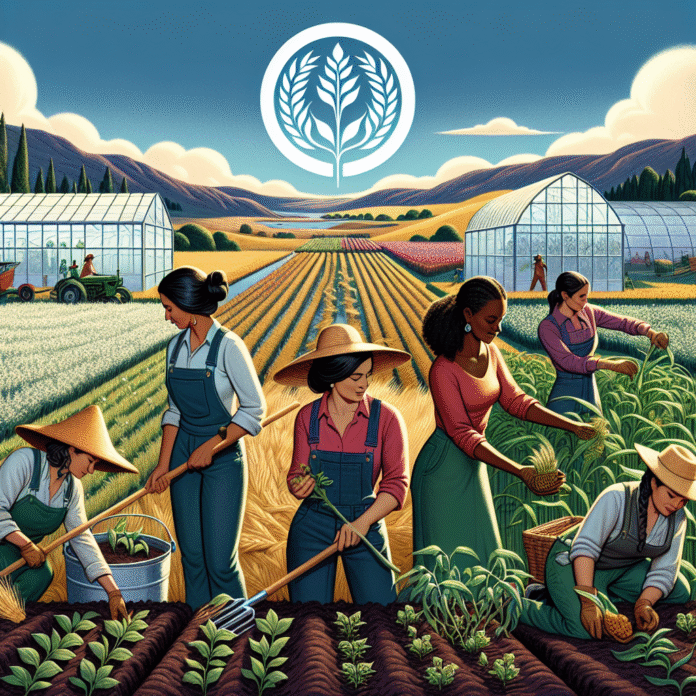Mother Farmers Cultivating Change and Growing Resilience CIMMYT
Mother Farmers: Cultivating Change and Growing Resilience
The role of women in agriculture is pivotal, particularly in the context of food security and sustainable development. Mother farmers, often the backbone of rural communities, are not only responsible for household nutrition but also play a crucial part in cultivating change and enhancing resilience in their environments.
These women are at the forefront of agricultural innovation and sustainability, employing traditional knowledge alongside modern techniques to improve crop yields and soil health. By integrating practices such as agroecology and permaculture, mother farmers contribute to the conservation of biodiversity and the mitigation of climate change effects.
Empowerment Through Education and Resources
Access to education and resources is vital for empowering mother farmers. Organizations like CIMMYT (International Maize and Wheat Improvement Center) are dedicated to supporting these women through training programs that focus on sustainable farming practices, financial literacy, and leadership skills. By equipping mother farmers with the necessary tools and knowledge, these initiatives foster self-sufficiency and enhance their roles as community leaders.
Building Resilience in the Face of Challenges
Mother farmers are often the first to face the challenges posed by climate change, market fluctuations, and economic instability. Their resilience is demonstrated through adaptive practices, such as diversifying crops and utilizing water-saving technologies. These strategies not only ensure food security for their families but also contribute to the overall stability of their communities.
The Impact of Community Networks
Community networks play a significant role in the success of mother farmers. By collaborating with local organizations and other farmers, they share knowledge, resources, and support. Such networks can facilitate access to markets, enabling mother farmers to sell their produce at fair prices and improve their livelihoods.
Conclusion
Mother farmers are essential agents of change and resilience in the agricultural landscape. Their contributions to sustainable practices and community well-being cannot be overstated. By investing in their empowerment and recognizing their vital role, we can pave the way for a more sustainable and food-secure future for all.


